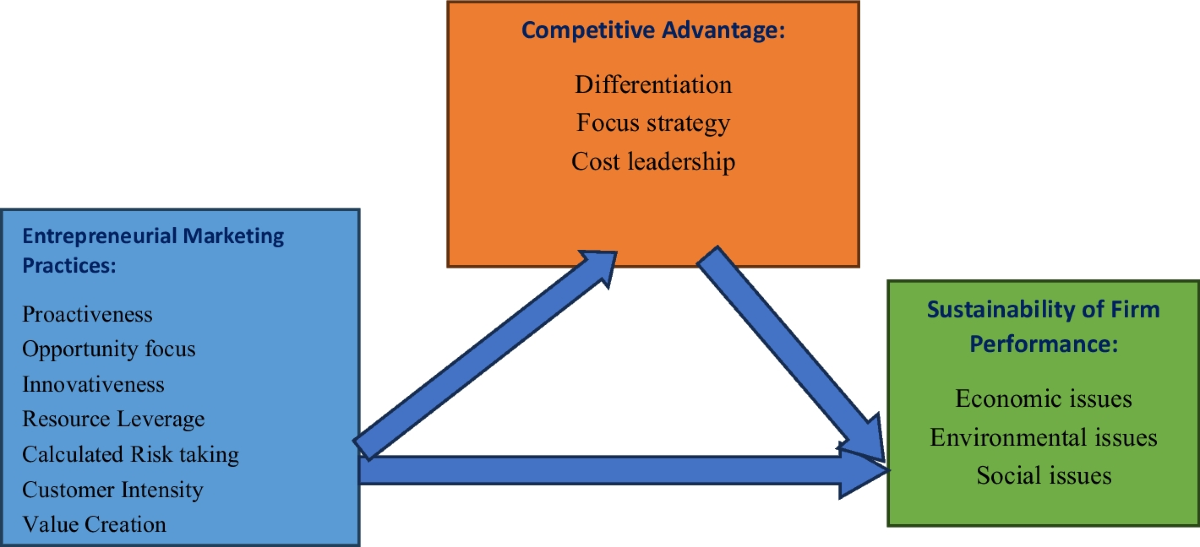
Virgin Australia’s recent collapse shocked the trans-Tasman community. However, it has provided SMEs with a valuable opportunity to gain a better understanding of cash flow, self-sufficiency and how to weather any storm.
Virgin Australia has entered voluntary administration with hopes of being reborn under new structures of ownership and fresh strategies.
There is definitely more to this story than meets the eye. Savvy entrepreneurs can dig below the surface to uncover the forces that led up to the event, in this case Virgin Australia’s voluntary administration. Small business owners can learn about what practices to avoid.
The three main takeaways from Virgin Australia’s collapse are:
1. Avoid spreading yourself too thinly
Virgin’s financial troubles began long before the COVID-19 crisis, which saw it enter voluntary administration.
Earlier this year, the airline was reported to have more than 12,000 creditors to which it owed close to $7 billion collectively.
In fact, Virgin Australia was in the midst of brokering a deal to sell its Velocity frequent flyer program. They hoped that the massive cash injection would make their balance sheet a little more robust.
So its safe to say that though COVID-19 may have been devastating blow to Virgin, it was merely the last straw that broke the besieged airline’s back.
Unfortunately, it’s all too easy to go down the same road as Virgin Australia. Even though they had a massive yearly turnover, they took on too much risk and didn’t manage their cash flow stringently enough.
If businesses do not have a watertight business plan and complete accurate and realistic forecasting, they may not be able to deal with major and unexpected blows. This applies to both Small Businesses and international corporations.
2. Build your business for self-sufficiency
The facts are there. Start-ups usually receive investment to get them up and running.
This is because it takes time for even the best business idea to generate enough revenue to cover its own costs. Taking the idea to private equity investors or applying for government grants are both common features in many startup’s business plans.
It’s troubling that Virgin Australia was actively seeking out huge amounts of capital before it ultimately collapsed. The airline had approached both the public and private sector for a cash injection that would bail them out of their dire predicament.
This could potentially have worked for Virgin Australia as a strategy, only unfortunately it didn’t. It was not able to raise enough capital and it entered voluntary admission when it was unable to brave the COVID-19 storm.
Relying on an investor’s capital is all well and good, but Virgin Australia’s spectacular demise highlights the flaws that exist in such a business model.
If your business aims for complete or almost-complete self sufficiency, you will not be at the whim of investors who may leave you short on critical capital.
3. Reduce your fixed costs
Reducing your fixed cost is an obvious and logical way to ensure the ongoing health of your business. Fixed costs are ongoing costs such as rent, utilities, business insurance and subscriptions. If you seek out the cheapest or most price-efficient options, you will have a healthier and more robust balance sheet. You can save on your business insurance by comparing multiple quotes from NZ’s leading insurers at BizCover New Zealand, compare online quotes now! At BizCover, there’s no hassle, no paperwork, and no delays. You can compare and buy your business insurance online, and policies are delivered to your inbox within minutes.
4. Know when to call it a day
Passionate small business owners can enjoy the good times and put their heads down and soldier through during the tough times. They care enough about their offering to stick by it, even when that may prove difficult.
But great business owners know the right time to cut their losses and move on. They retain a healthy sense of realism because one of the harsh realities of business is understanding that there may come a time when you need to close up shop and focus your efforts on the next venture.
It was totally within the realms of possibility for Virgin Australia to keep themselves afloat for a little longer. Virgin Australia could have pushed its campaign to stay alive for longer by accepting a bailout, changing direction and hoping for the best, that is, until they encountered their next obstacle.
Many SME operators have also found themselves in a tight spot due to the COVID-19 pandemic. Sometimes it really might be better to face up to reality and do the best thing for your business, which may mean drastically scaling back, or even closing your doors entirely.
Exiting gracefully isn’t a sign of weakness, it shows courage and dignity. A clean, or at least dignified break is the best way to close one chapter of your entrepreneurial book, and start the next one afresh.


